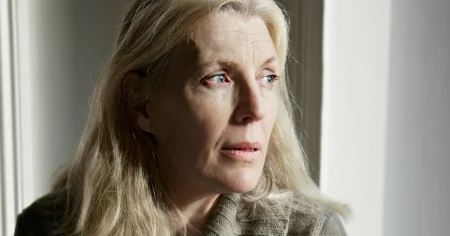The Jewish communities of the Nordic countries issued a joint statement a few years ago condemning the burning of the Quran. They cautioned against the misuse of the term ”freedom of expression” when the true intent was hate-fueled discrimination. Invoking the German writer Heinrich Heine, they stated, ”Where they burn books, they will soon burn people.” The statement emphasized the imperative to learn from the historical persecution of Jews, particularly the societal tendencies to “other” specific groups, which ultimately culminated in the Holocaust. The statement stressed that this wasn’t a comparison of scale, but rather a recognition of the dangerous precedent of singling out a group and fostering prejudice. The recent imprisonment of Rasmus Paludan for hate speech by the Malmö District Court was welcomed as a positive step.
However, despite this legal victory, the disturbing trend of targeted discrimination continues to escalate. The statement draws parallels to the Nazi regime of the 1930s, during which European Jews were systematically ostracized from society – expelled from their professions, barred from public spaces, and subjected to constant harassment. Despite their deep integration and centuries-long history in their respective countries, they were told to ”go back to Palestine.” This echoed Hitler’s proposed agreement with the Zionist movement to ”send all Jews home.” The phrase ”go home” carried a chillingly simple message: ”We want to get rid of you,” or, more bluntly, ”Judenfrei” – a society free of Jews.
The statement highlights the insidious nature of this rhetoric, pointing out that despite the Jews’ integration into society, the Nazi regime employed tactics to mark them as different. Their passports were stamped, and Jewish names were added to official documents, reinforcing the message of not belonging. This historical context underscores the gravity of the current situation, where another group is now being targeted with the same hateful command to ”go home.” The statement warns that society is becoming increasingly polarized, with various forms of discrimination gaining acceptance and rationalization. Fear and blame directed at the “other” have become normalized, echoing the dangerous climate that preceded the Holocaust.
The focus then shifts to the plight of Syrian refugees who sought refuge in Sweden, many of whom had faced persecution and violence under the Assad regime. They had little choice but to flee their homeland to survive. Now, thankfully, they have the agency to decide their own futures. For some, this might involve returning to Syria to reunite with scattered family members, embarking on the painful process of searching for missing loved ones – a process heartbreakingly familiar to Jewish families who survived the Holocaust and its aftermath. The statement brings to life the post-war period, with offices across Europe and Palestine dedicated to reuniting families, and newspapers filled with lists of the found, the dead, and the still missing.
However, for other Syrian refugees, especially the younger generation, Sweden has become home. They are more fluent in Swedish than Arabic, embracing Swedish customs and traditions as integral parts of their identity. They strive to find a balance between their Syrian Arab heritage and their Swedish upbringing, choosing Sweden as their home with conscious intent for the first time. This process of integration requires time, patience, and empathy from the majority society.
The statement concludes with a powerful call to action, reiterating the post-Holocaust pledge of ”Never Again.” The European Jewish community stands firmly against the xenophobic rhetoric of figures like Jimmie Åkesson, warning against the dangerous implications of the phrase ”go home.” They recognize the historical patterns of discrimination and hate embedded within this language. The statement asserts that those who employ such divisive rhetoric have no place in an inclusive society, which represents the shared hope for the future. It emphasizes that European society must never allow this kind of hate speech to become normalized, lest history repeat itself. The article ends by referencing another piece, suggesting further reading on the topic of Syrian refugees and their experiences.














